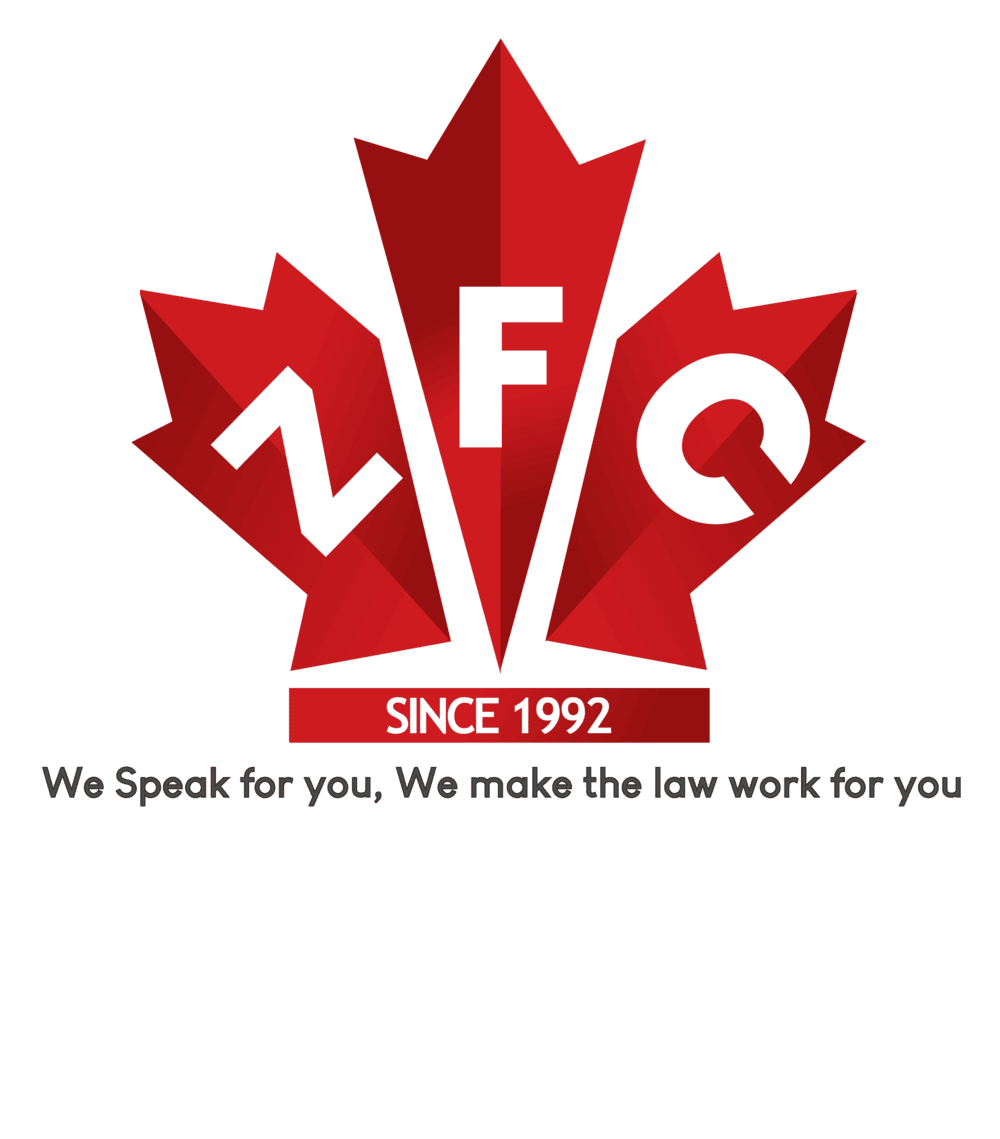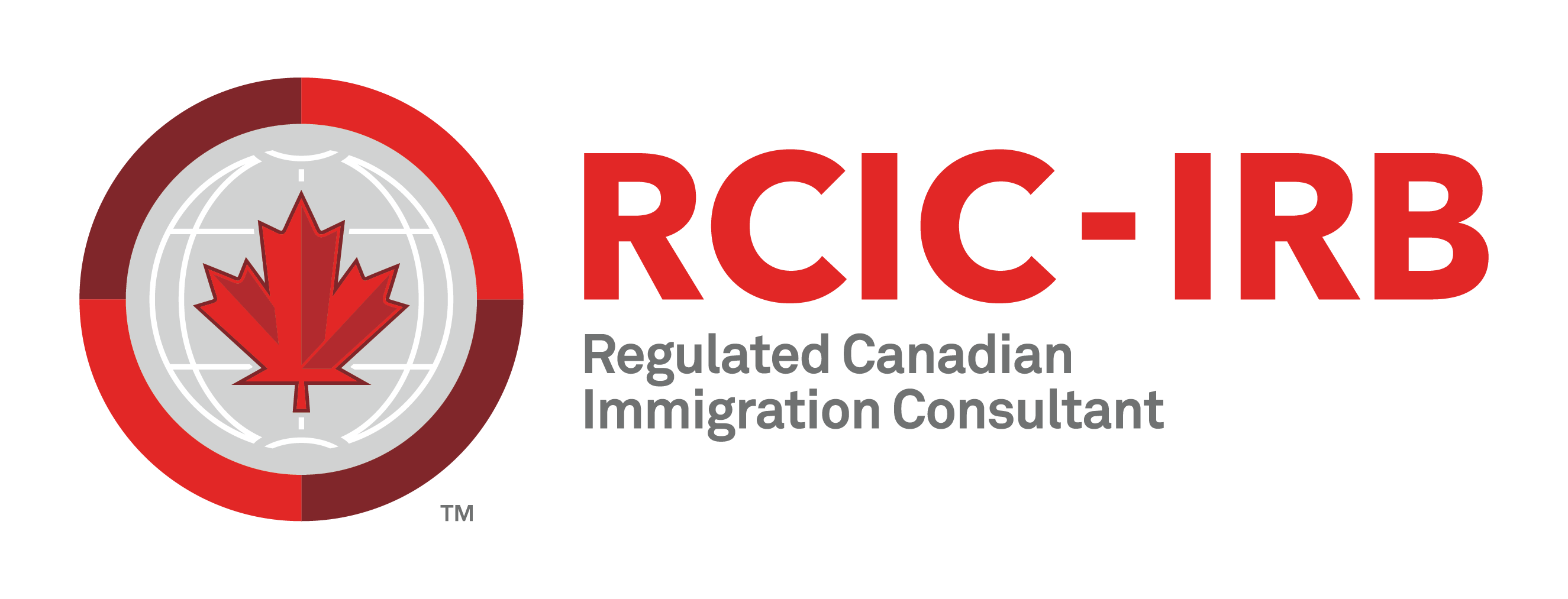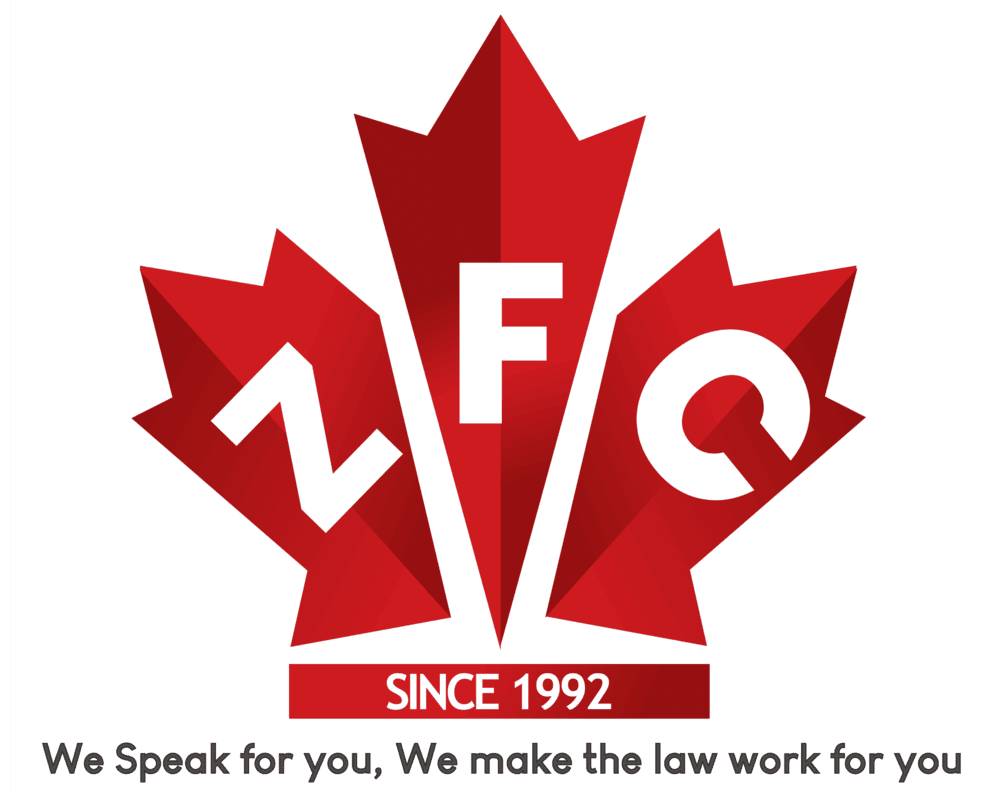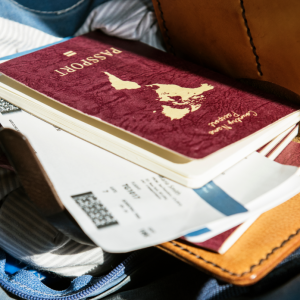International students studying in Canada need to meet certain conditions to be eligible for a work permit upon graduation.
Post-secondary international students must ensure that they are studying at a Designated Learning Institution (DLI) and enrolled within a Post-Graduation Work Permit (PGWP) eligible program to qualify for a work permit upon graduation.
This school will cover the steps that students can take to ensure that they enroll at a school and in a program that can enable them to work upon graduation.
Discover your options to study in Canada
How to check your school’s Designated Learning Institution (DLI) status, and if they offer PGWP-eligible programs
When you apply for a Canadian study permit, you need a letter of acceptance (LOA) from a school that’s on the official DLI list and is in good standing with Immigration, Refugees and Citizenship Canada (IRCC).
DLIs are the only schools in Canada that are authorized by the Canadian government to accept international students. If your school of choice is not a DLI, your study permit application will be refused.
PGWPs are Open Work Permits (OWPs) that allow foreign graduates to work for most employers in most industries in Canada. These work authorizations can be crucial for international students who wish to build eligibility for Canadian permanent residence (PR) programs. For example, the Canadian Experience Class (CEC) requires candidates to have at least a year’s worth of Canadian work experience to be eligible.
To confirm your institution is recognized as a DLI:
1.Go to the IRCC DLI List page
Open the Government of Canada’s “Designated learning institutions list” webpage. This page is kept up to date by IRCC.
Scroll to the bottom of the page to access the “List of designated learning institutions by province/territory” section.
2. Select your province or territory
Use the drop-down menu to select the province or territory in which your school is located.
3. Use the search box
Once you have selected the correct province or territory a list will appear with the registered DLIs in the area.
You can use the search box at the top of the table to search for the DLI you are interested in. You can also search other information in the table, including the DLI number, and city of the school of your choice.
All institutions listed within the table are DLIs.
Note: All primary and secondary schools in Canada are DLIs—as such, schools at these education levels are omitted from the searchable DLI table.
4. Locate the DLI number and PGWP eligibility
When you find your institution’s entry, you may need to note two key pieces of information:
- PGWP‑eligible programs: Whether the institution offers programs that qualify you for a PGWP; and
- The DLI number: This is a unique code you must enter under “Details of intended study in Canada” on your study‑permit application form.
What if you can’t find your school?
If your school isn’t listed under post‑secondary, confirm it isn’t a primary or secondary school (these are automatically designated and not shown in this table).
If it truly doesn’t appear, contact your institution’s admissions office to verify their DLI status before you apply.
How to confirm if your program of choice is PGWP-eligible
Once you have confirmed with the IRCC table that your DLI of choice offers PGWP-eligible programs, you will also need to confirm that your specific program of choice is also PGWP-eligible.
As of November 1, 2024, international students at certain levels of study must also meet field-of-study and language proficiency requirements to be PGWP-eligible.
Field of study requirements necessitate that students at certain levels of study must graduate from education programs that connect to in-demand professions in Canada, to be PGWP-eligible.
In addition, all new graduates must meet language proficiency requirements in French or English to be eligible for a work permit upon graduation.
These changes are summarized in the table below:
| Level of study | Language requirements | Field of study requirements |
|---|---|---|
| College / University bachelor’s, master’s or doctoral programs | English or French language proficiency equivalent to a level 7 CLB/NCLC in all four language abilities. | N/A |
| University programs not listed above | English or French language proficiency equivalent to a level 7 CLB/NCLC in all four language abilities. | Must have graduated from an eligible field of study. |
| College program or other non-university program | English or French language proficiency equivalent to a level 5 CLB/NCLC in all four language abilities. | Must have graduated from an eligible field of study. |
How can I check if my program of study is PGWP-eligible?
Programs of study in Canada are described and categorized using the Classification of Instructional Programs (CIP) system.
To find the CIP code that best corresponds to your educational program, you can refer to Statistics Canada’s webpage. Use the search bar above the table to enter keywords related to your program, based on its title and description, and identify the 6-digit code (class) that best corresponds to your program.
Program titles may be general, so it’s important to review the class description, illustrative examples, and any listed exceptions to confirm that your program aligns with the selected class.
Once you have determined your CIP code, you can cross-reference it using the table on our dedicated webpage to check if your program is PGWP-eligible.
Note: Finding the correct CIP code for your educational program can carry huge consequences for your PGWP eligibility and further immigration journey. Many foreign graduates choose to employ the help of an experienced immigration representative to ensure that they have the best possible chance of receiving a PGWP and building eligibility for Canadian permanent residence (PR).
Book a free consultation with an immigration representative about PGWP-eligible programs
Student conditions to receive a PGWP
PGWPs are special work permits that are given to foreign graduates only once. International graduates who already have a PGWP cannot complete another educational program and reapply to receive another one.
PGWPs are issued for a length of between eight months to three years, depending on the level and length of your program of study:
For master’s programs
| Length of Study | PGWP Validity |
|---|---|
| At least 8 months (or 900 hours in Quebec) | Up to 3 years, even if program is less than 2 years (effective Feb 15, 2024) |
For all other programs
| Length of Study | PGWP Validity |
|---|---|
| At least 8 months (or 900 hours in Quebec), but less than 2 years | Up to the same length as the study program |
| 2 years or more | Up to 3 years |
If you have completed more than one PGWP-eligible program of study before applying for your work permit, the length of your PGWP-validity may consider both programs. Read our article on the topic to learn more.
In addition to ensuring that your school of choice is a DLI, and your program is PGWP-eligible, students must ensure that they meet a number of conditions on their end, to receive a Canadian work permit upon graduating.
These include:
- Completing studies in an academic, vocational, or professional training program lasting at least eight months at an eligible institution listed on the DLI list. The program must result in a degree, diploma, or certificate.
- Maintaining full-time student status in Canada throughout each academic session of the program(s) included in the PGWP application.
- Obtaining both a transcript and an official letter from the eligible DLI confirming that the applicant has fulfilled the requirements to complete their program. These documents must be submitted with the post-graduation work permit application.
- Graduated from one of the following:
- A public post-secondary institution, such as:
- a college
- a trade or technical school
- a university
- a CEGEP (in Quebec);
- A private post-secondary institution in Quebec that follows the same regulations as public institutions in Quebec;
- A private secondary or post-secondary institution in Quebec offering qualifying programs of 900 hours or more, leading to a diplôme d’études professionnelles (DEP) or an attestation de spécialisation professionnelle (ASP);
- A Canadian private institution authorized by provincial law to confer degrees (e.g., associate, bachelor’s, master’s, or doctorate), but only if the student was enrolled in a program that leads to a provincially authorized degree.
- A public post-secondary institution, such as:
Simply being eligible for a PGWP does not guarantee that you will receive one: you must still be admissible to Canada at the time you apply.
This means that even if you meet all the program and study-related criteria, your application can be refused if your admissibility has changed since you first began your studies. For example, this could happen due to a medical condition, a criminal issue, or changes in your home country, such as political instability, that may cast doubt on your intent to remain in Canada temporarily.
It’s important to be aware of these factors and ensure you remain admissible throughout your time in Canada.
Discover your options to study in Canada










